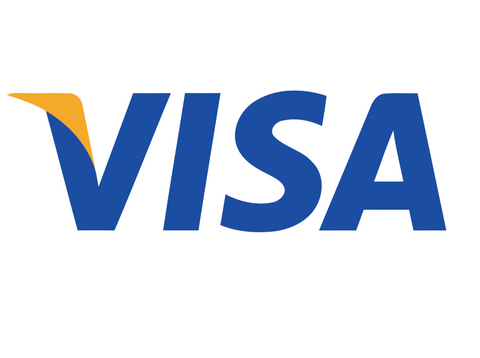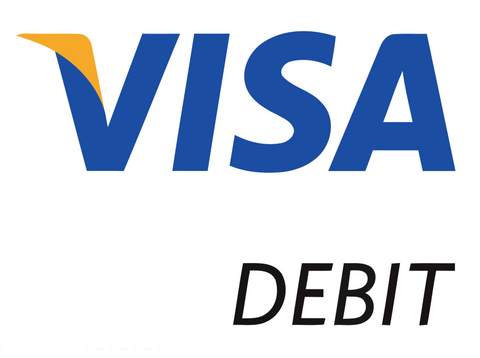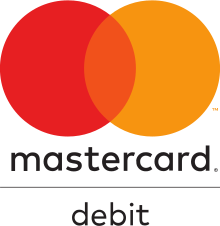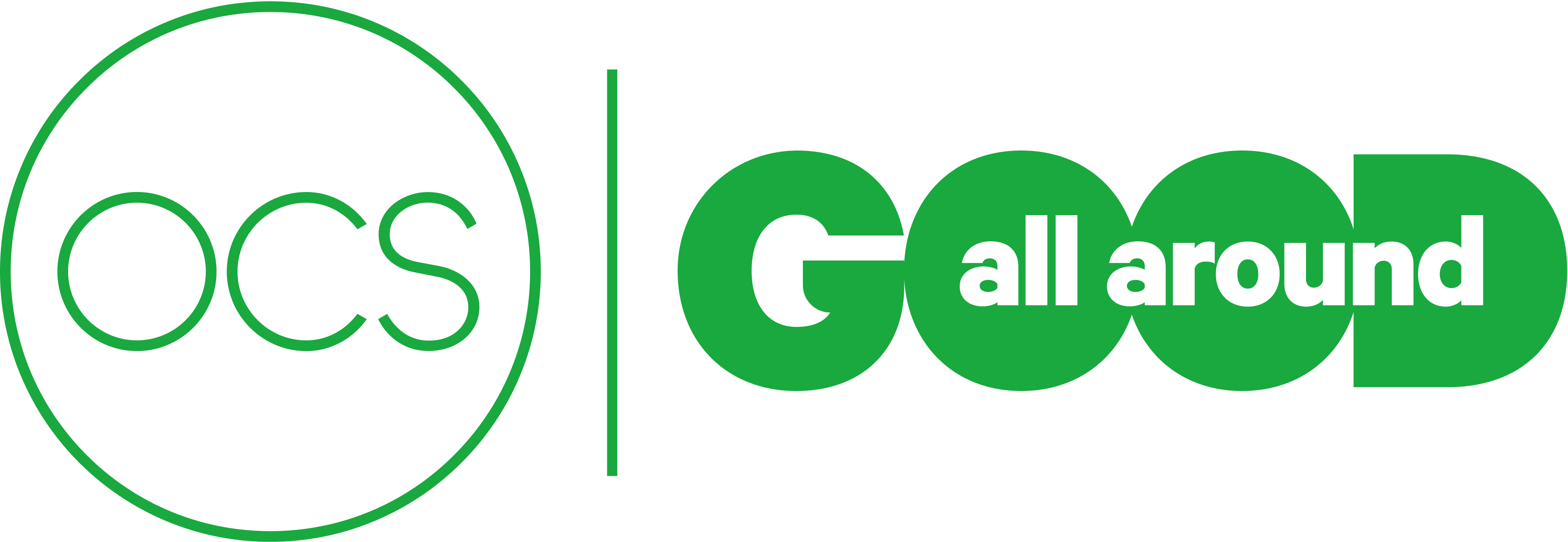Shopping For Legal Cannabis
A Brief History of Cannabis, Part 3
Follow along as Canada gets closer and closer to cannabis legalization

The cannabis plant has a long and complicated history. It’s been both honoured as an herbal medicine and in religious ceremonies — and outlawed as an illegal substance. This three-part series explores the lows and highs on the long journey toward cannabis legalization in Canada.
1996
Medical Use Becomes Legal in Parts of the U.S.
California becomes the first U.S. state to legalize medical cannabis. As of 2021, it’s legal in 36 states, with 14 states allowing recreational use.
2000
Landmark Court Case Spurs Cannabis Law Changes in Canada
Terry Parker, a Toronto man with epileptic seizures, was first arrested in 1987 for cannabis possession but was acquitted due to “medical necessity,” as cannabis eases his condition (where two brain surgeries and various medications could not).
In 1996, Parker is charged with possession, cultivation and trafficking for growing the plant. He appeals to the Canadian Charter of Rights and Freedoms and a judge rules in his favour. The Crown appeals the decision. While the trafficking charges are upheld, the Ontario Court of Appeal finds the current cannabis law unconstitutional because it does not take medical use into account. The federal government must change the cannabis laws within one year — or the courts will begin dismissing possession charges.
2001
Canada’s First Medical Cannabis Laws Are Introduced
In 2001, Canada introduces the first Marihuana Medical Access Regulations (MMARs), allowing licensed patients (fewer than 100 to start) to grow their own cannabis or access it through Health Canada. The federal government sets up the House of Commons Special Committee on Non-Medical Use of Drugs and the Senate Special Committee on Illegal Drug Use, both of which recommend reforming cannabis possession and supply laws. In 2002, both committees suggest going one step further and legalizing the production and sale of cannabis.
2003
Prime Minister Chretien Introduces a Decriminalization Bill
Under prime minister Jean Chretien, the first federal cannabis decriminalization bill (C 38) is introduced. It proposes reducing the penalty for possession of up to 15 grams of cannabis to a civil fine, but the bill dies when government is halted. A similar Bill (C 10) is introduced a year later with the same result.
2011
New Medical Cannabis Regulations Usher in a Licensed Producer System
Two years after Ontario Superior Court Justice Donald Taliano rules the MMAR is constitutionally invalid, the program is replaced by the Marihuana for Medical Purposes Regulations (MMPR), which creates a system of licensed cannabis producers. Under the MMPR, medical patients (about 37,800 at this point) cannot grow their own plants and must register with a Licensed Producer.

2015
Canadian Supreme Court Rules That Cannabis Restrictions Violate Freedom of Choice
After reviewing the 2009 case of B.C. baker Owen Smith, who was charged for possessing cannabis-infused cookies, massage oils and lip balms, the Supreme Court of Canada rules that restricting medical patients’ legal access to only dried cannabis flower violates their rights to consume cannabis in the form they choose. This decision opens the door for Licensed Producers to now be able to produce oils and other forms of cannabis for medical consumers.
2016
Canadian Medical Cannabis Consumers Win the Right to Grow Their Own
Neil Allard and three other B.C. residents challenge the MMPR, claiming it violates their rights because patients cannot produce cannabis themselves (an affordable option). The Federal Court of Canada rules in Allard’s favour, and the laws governing cannabis for medical use are revised once again. The MMPR becomes the Access to Cannabis for Medical Purposes Regulations (ACMPR).
2017
Canada Moves to Legalization
The Canadian government proposes Bill C-45, or the Cannabis Act, which would legalize the possession, use, cultivation and purchase of limited amounts of cannabis by adults 18 years of age and older.

2018
Recreational Cannabis Is Legalized in Canada
The Cannabis Act goes into effect on October 17, 2018, allowing adults 18 years and older to legally possess 30 grams of dried flower (or the equivalent) in public. Each province and territory sets its own rules around how and where cannabis can be sold, and is allowed to lower possession limits, increase the minimum age, restrict where cannabis can be used in public and revise personal cultivation guidelines.







